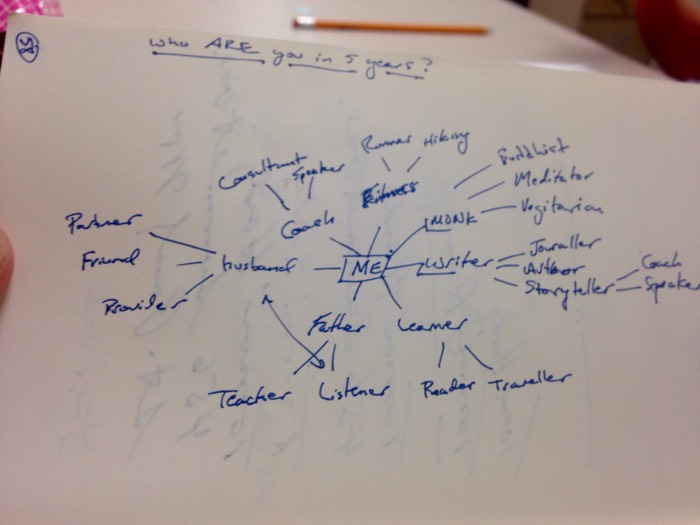At a party, you will find me being gregarious and able to easily engage in conversation with others. At a conference, I have little problem discussing the points of the speaker or opening a dialog in the hallways with fellow attendees. When I was a student in class, I never had an issue with raising my hand and asserting my view when called upon. I even engage store clerks with friendly trivial banter about the quality of the day. “Quiet” is not the first word that would come to mind to describe me — even by those who know me well or have known me for a long time.
What they often don’t see at the party is that I have specifically chosen one or two people I know and singled them out. I engage them in a deep discussion so that I can focus only on them and try my hardest to tune out the rest of the surroundings. They probably don’t notice that, even then, I find an empty room or a space outside in which to disappear for twenty minutes at a time. So I can sit there, alone, and recharge my internal batteries enough to go back to the party. They likely don’t know that by the end of the night I feel as though I’ve ran a race, in the rain, all up hill. Every nerve in my body feels taxed and my emotions wrung out to dry.
Those at the conference could not possibly know that it has taken me years to muster up the energy to attend. That if not for some very important topic or unmissable speaker I would never have come. That until I run into someone I know or meet someone I can engage with one-on-one, my overwhelming instinct is to find the nearest exit and run out of it as fast as I can. That it will be another few years before I can face another event like this. That I need to block off a full week following this one with as little human contact as possible so I can rest my spirit enough to engage with anyone outside of my immediate family.
When I was in high school, I often skipped less important or uninteresting classes because I could just not be in a single room with thirty other people for a moment longer. I would walk back home or go to a nearby park, recharge, grab a quiet bite to eat, or read a book. Only then would I walk back to school for my next class. If I had an English or History class, both of which I participated in and loved, you could almost guarantee I would sometimes opt-out of whatever class followed those. How do you explain to a school counselor that, ideally, you need one class period unscheduled following every one you have scheduled? That time alone in a room with a good book is as important to your education and well being as any class you could take during that time? You don’t. I didn’t. So, I skipped. Let’s just say it made no one very happy and my grades in no way reflected my ability or intelligence.
My introversion was even a surprise to me initially when personality tests called it out. In fact, my first time taking a Meyers-Briggs Personality Assessment, I questioned my MBTI score enough that I decided to take many more, at different times, to see if they would come out the same. They all did. I’m an INFJ (Introversion, iNtuition, Feeling, Judging). Introversion in the MBTI does not always mean someone who can’t be social or behave in ways that the world would perceive as outgoing. In fact, many famous people and leaders would also fall in the Introversion spectrum. For instance, Martin Luther King, Mahatma Gandhi, and Nelson Mandela are all INFJs.
I’m friendly. I can assert my thought or opinion when asked (and many times when not). I like having good, meaningful, conversations with friends and strangers alike. I can get up in front of large audiences and speak without overwhelming anxiety. While if given the choice between going to a party or convention or staying home alone I will choose the latter, that does not mean I don’t generally find value in the former. I just know which one will give me energy and fuel my spirit and which interactions will deplete them. It is this difference, hidden to many, that defines my status as an Introvert.
Not all introverts are hidden in our extrovert biased world because we are quiet. In fact, some of us are hidden because we are not quiet. We are able to hide it or we have personalities that cause us to appear otherwise externally. So, when thinking of the word “quiet” in relation to introverts, think not about how we act in the world at large but, instead, how we need to react to it to survive.
